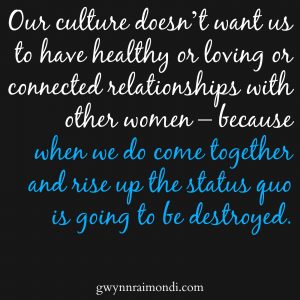You cannot let go of anything if you cannot notice you are holding it. ~Neale Donald Walsch
Letting go helps us live in a more peaceful state of mind and helps restore our balance. It allows others to be responsible for themselves and for us to take our hands off situations that do not belong to us. This frees us from unnecessary stress. ~Melody Beattie
We are all of us stars, and we deserve to twinkle. ~Marilyn Monroe
Last week I shared with you where these stories of being too much and not enough and the shame we carry originates. Not a one of us were born with these stories, and yet they seep into our skin, bones, and sinew and impact the ways we are in the world and with ourselves.
Here’s a thing though: we don’t have to hold onto these narratives. We don’t have to allow the shame to continue coursing through our being. We can do the work of release, renewal, and reclamation – over time, with patience, practice, and self-compassion. It is work that is done in layers, over and over throughout our lifetimes. It is work that is perhaps never actually done, and yet the more we are able to move through the process the more we are able to move ourselves from a space of living only to survive and into a place of living to thrive.
As I mentioned last week, naming the narratives is a vital first step in this work. Until we name those stories that spin through our heads, and consider where they came from, we can never move into the work. After we name the narratives and realize they are not our own but were given to us by our families and culture, we can move into the space of release.
Release does not happen over night. It does not happen simply because we think it or wish it. It requires intention, ritual, practice. It requires patience, self-compassion, and time. It requires a deep, visceral understanding that these stories are not yours to carry.
A truth is we can know, logically, in our minds that these stories are not ours; that they are not actually true; that they have little to actually do with us, individually and everything to do with us collectively. However, knowing in our minds is not the same as deeply knowing in our bodies, in our core being.
To move from a mind knowing to a body knowing means… you guessed it… coming home into our bodies, finding where those stories live in our muscles and cells, and inviting them to leave, allowing for an openness to be where these stories once lived.
Coming into our bodies and releasing these stories that affect us in so many ways, is challenging work. It is uncomfortable in the beginning. And yet the shifts that come from this work can be amazing.
When we intentionally do the work of acknowledging those stories that do nothing more than cause us harm, we are able to begin to move into new ways of being with ourselves and others. This new way of being takes time to integrate into our bodies, minds, and spirit. It requires space for shifting which means that we need to learn to tolerate that sense of openness, that may mistakenly feel like emptiness, so our new ways of being can take root and grow. (More on this next week. Stay tuned.)
I talk about these ideas in the 9-minute video below.
This essay is the second of a four part series I have written exploring our narratives of too much, not enough, the shame we carry and how we can release them and reclaim our own strength, power, and daring. I hope you find it helpful and informative.
This essay series is also to introduce the themes we will be exploring in the fall online women’s circle Becoming Unleashed. We begin October 1 and space is limited to six women. You can learn more here.
Links to other essays in this series:
The Impacts of Inter-generational & Cultural Relational Traumas
Releasing our stories of too much, not enough, & shame (this essay)

